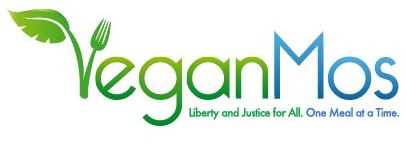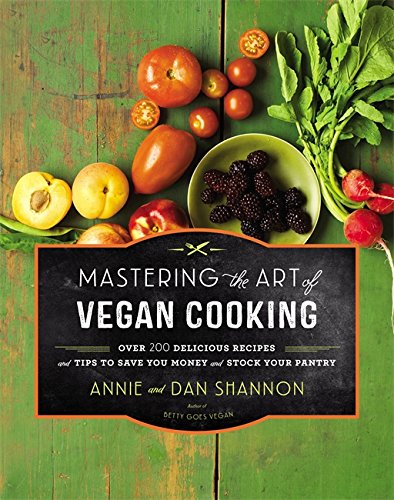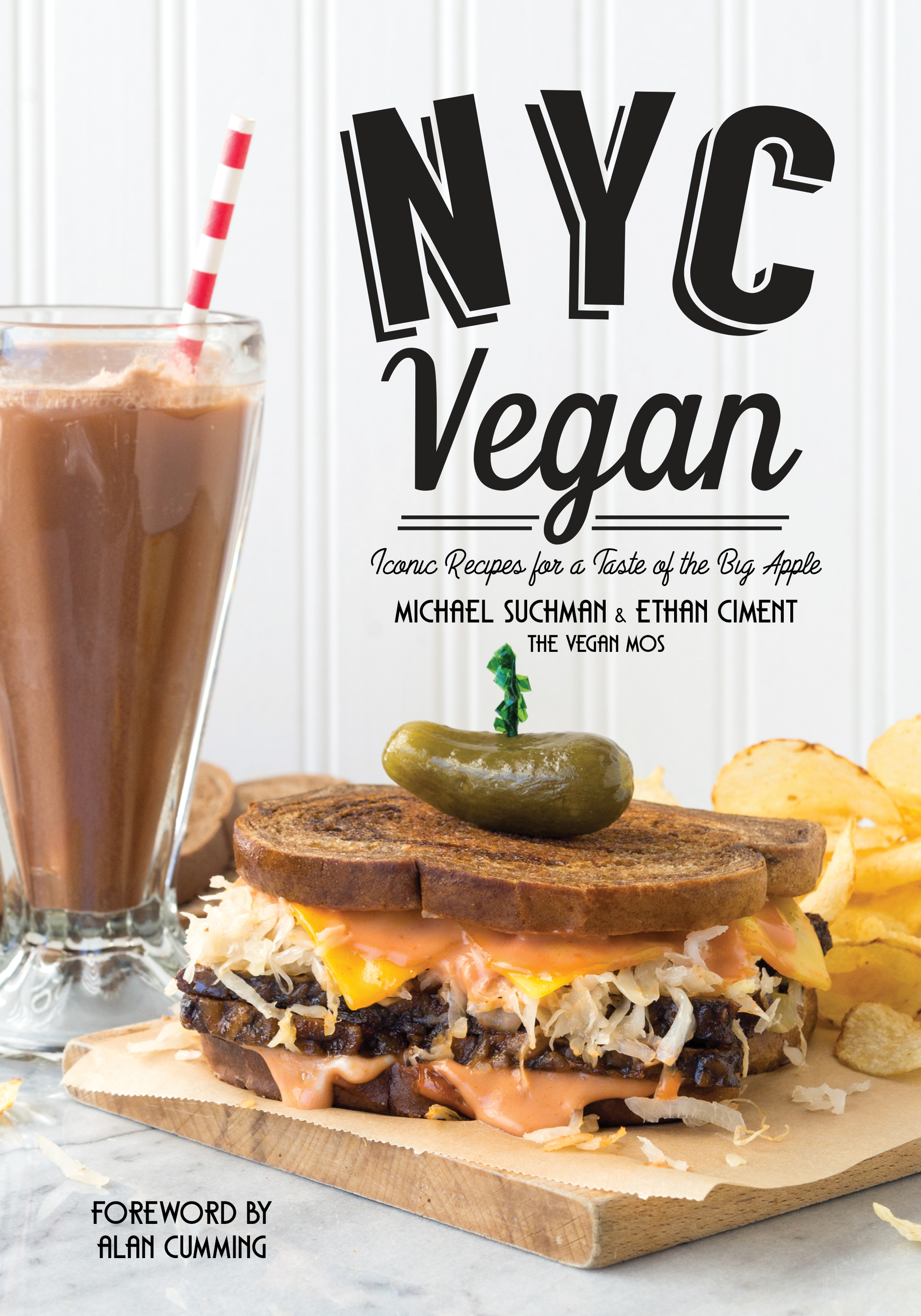Annie and Dan Shannon, the mastermind couple behind Meet the Shannons and the cookbook Betty Goes Vegan, are back with another amazing book, Mastering the Art of Vegan Cooking (Grand Central Life & Style May 12, 2015). The book opens with a touching introduction in which Annie and Dan share a personal story of loss and how this book rose out of needing to recenter and reorganize their lives. As part of this rebuilding, they focused on 4 principles of reducing waste, spending less and getting more out of their kitchen without feeling limited:
- Make sure it is sustainable – if you feel like you are sacrificing too much, you won’t stick with it.
- Do not sacrifice quality
- Learning how to get more than 1 meal out of more expensive ingredients like fresh herbs, vegan meats and vegan cheeses, and reply more of staples like beans, potatoes, rice and cabbage
- There is more to life than making dinners and lunches – learn affordable ways to celebrate special occasions.
Using these principles, Annie and Dan created recipes to make vegan cooking accessible and affordable for everyone. They show you how to cook creatively and thriftily with recipes, sidebars, and tips on stocking a pantry and using ingredients creatively. Most recipes result in leftover ingredients and servings that can be reused in multiple ways, reducing waste in your kitchen while keeping your meals fresh and flavorful. Inspired by the recipes and cost-saving techniques used during the Depression and World War II and paying a vegan homage to Julia Child, The Shannons have figured out how to get the most out of what you’ve already invested so that you can spend less and get more.
Mastering the Art of Vegan Cooking is more than just recipes and tips that will save you money, it is a collection of culinary and budgeting insights that The Shannons discovered during what was one of the hardest years of their lives. As they say in the conclusion of the introduction, “life still won’t be fair – but three times a day we can make the world a better place by choosing to eat a vegan diet that’s better for us, the environment, the animals and our wallets. We can be what is fair and kind in the world while eating pretty damn well in the process.”
Following the thoughtful introduction, Annie and Dan help you stock your party and your refrigerator in the chapter called, “Mastering the Practical Pantry.” They offer great tips on how to properly store groceries to maximize their longevity including many that were new to me. The best tip I got was about bananas: you know the tape around the top of each bunch? Well, I always take it off. Apparently, that is not good. The tape helps reduce the amount of ethylene gas they release and keeps them from becoming overripe too soon. AMAZING! You get great dozens of great money saving tips like this for storing all kinds of produce and fresh herbs to help avoid wasting or throwing out food that went bad because it was not stored properly.
Now that you have an idea of what to buy and how to store it, Annie and Dan show how to develop a strategy for shopping. They teach you to reuse ingredients already on hand as well as new ones bought fresh every week. And to further help economize, they set the bar at no more than $5 per serving for each recipe. Most of the recipes come in under that with the majority being around $2 per serving. And remember, this is based on Brooklyn, NY pricing, which in 2013 was the second most expensive city in the US in which to live. So if you aren’t in Brooklyn, where the Shannons live, it will likely cost you even less per serving. They offer other money saving tips such as how to get the most of our your grocery store club card so you can get discounts not listed in the store, going to the websites of products you use often and see what coupons the manufacturer offers, reading price tags to see how much you can save by buying a larger size or generic v. name brand, and buying in season produce. They even include a produce chart to show what is in season throughout the year.
The Shannons tackle the often heard refrain about how being vegan is more expensive than being an omnivore. They prove how eliminating meat from your diet will actually save money. For example chicken averages $3.07 per pound whereas a pound of tofu is around $2.00 or a can of beans, that is about a pound costs about $2.50 and if you use dry beans, it is even cheaper. To further help with cost savings, within each recipe is a box to tell you what you can do with leftover ingredients from the recipe you are making, it is like a choose your own adventure book. They also give the cost per serving of the recipe. No one picking up this book could say that being vegan is expensive. They prove it is not.
The recipes within Mastering the Art of Vegan Cooking are easy to follow for any level cook. They can be made using ingredients found in most grocery stores without needing any “specialty” ingredients. With recipes like Korean Kimchi BBQ Burgers, Vegan Yankee Pot Roast, Not-cho Everyday Chili Dogs, and Savannah Pecan Pies, Mastering the Art of Vegan Cooking offers a way to make eating vegan both affordable and delicious.
Annie and Dan’s easy conversational tone and thoughtful words make Mastering the Art of Vegan Cooking a welcome addition to any library. You can buy it online and in select stores. You can also enter our raffle to win a copy here.





